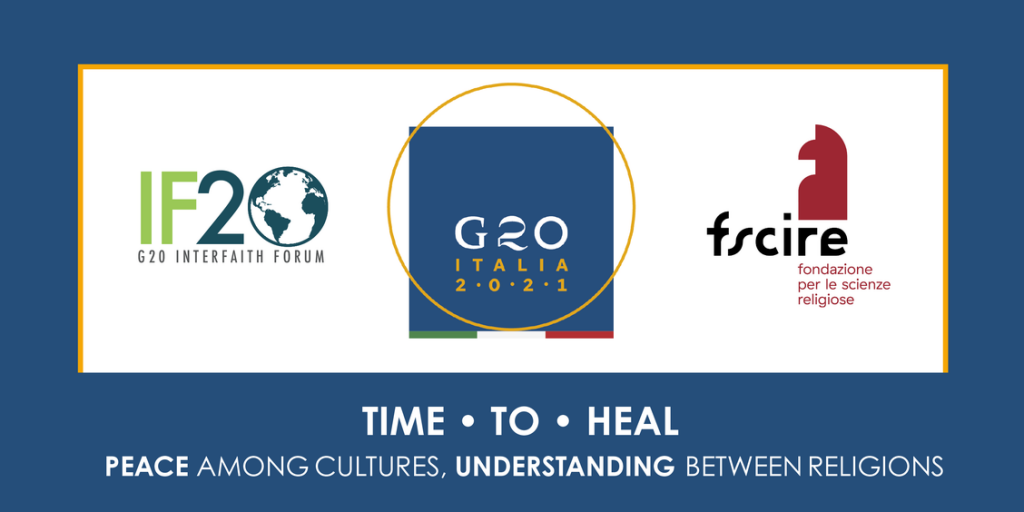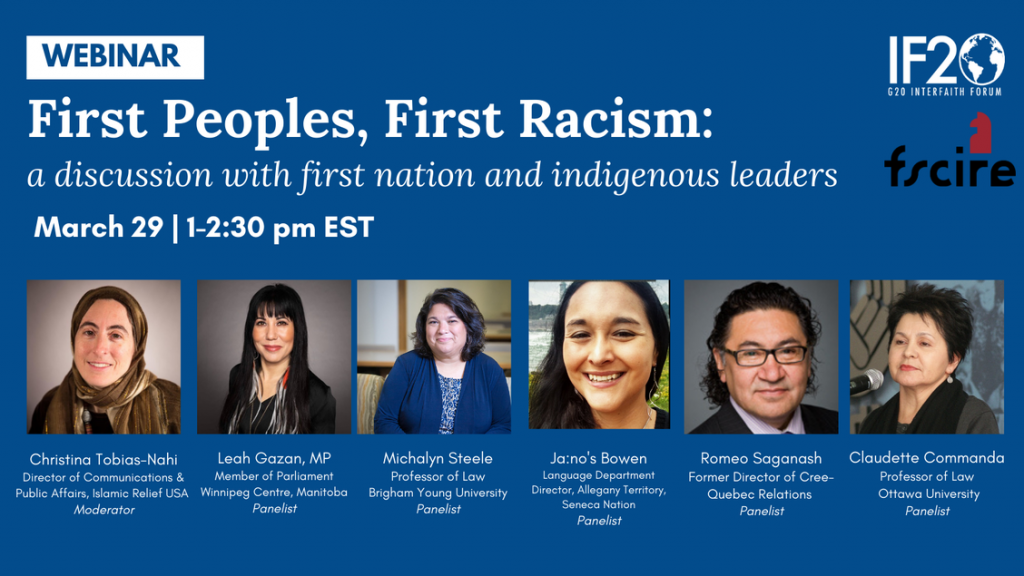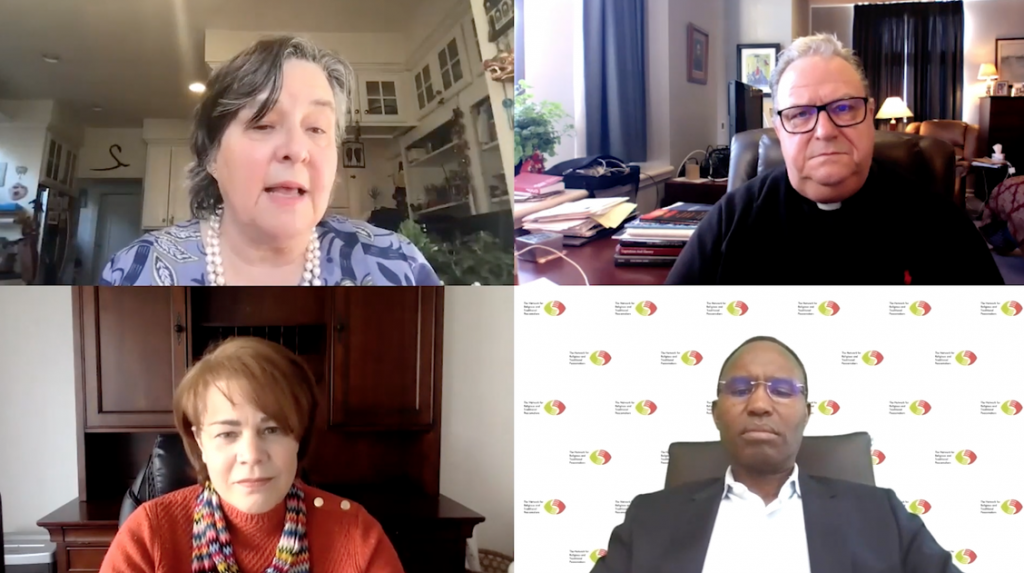
March 2021 Newsletter
Event Invitation

COVID Vaccine Event Summary
COVID Vaccination Challenges: Ethical Imperatives and Local Realities

This event centered on faith engagement, featuring three specific perspectives: Mohamed Elsanousi, as part of a U.S. nationwide interreligious coalition focusing on the COVID-19 vaccination campaign, Sister Sharon Eubank, leader of Latter-day Saint Charities, who linked responses in the western United States to global humanitarian operations, and Berkley Center Senior Research Fellow Rev. Gerard McGlone, S.J., exploring the experience of Georgetown’s Jesuit community and broader mental health challenges linked to the COVID-19 emergencies. The event explored challenges emerging during the early COVID-19 vaccine roll-outs, highlighting lessons from the ongoing experience of religious communities—which can have applications ranging from very global (including, for example, leadership of the G20 platform) to very local (logistic challenges, priorities for vaccination). It was co-sponsored by the Berkley Center for Religion, Peace, and World Affairs at Georgetown University; the G20 Interfaith Forum; the International Center for Law and Religion Studies; Fondazione per le Scienze Religiose; World Faiths Development Dialogue; and the Joint Learning Initiative on Faith and Local Communities. IF20 Vice President Katherine Marshall, who acted as moderator, framed the discussion. | |
Dr. Elsanousi explained how the Faiths4Vaccines Initiative was formed to: 1) Increase vaccine trust and acceptance, especially among vulnerable and historically mistreated communities. 2) Identify and utilize houses of worship as new and innovative venues of vaccine distribution. 3) Advocate for and advancing equitable vaccine distribution, especially among the marginalized. 4) Amplify interreligious collaboration for service, aiding community reconciliation. He noted that the initiative has the potential to serve as a model for other countries, helping them to form similar coalitions and use the power of faith in the crisis. Sharon Eubank presented three points: 1) That trusted faith leaders have enormous power, especially in setting an example that being vaccinated is “spiritually acceptable” as a person of both science and faith. 2) That the hesitation and inequality which has played out in the US will now play out in the world. 3) That there are legitimate reasons for some vaccine resistance, and different ways to empower local people. Eubank cited local examples from the Cherokee and Navajo nations, who typically have very low vaccine acceptance rates but are now surpassing national levels. She explained that these communities put their respected elders and medicine men at the front of the line for the vaccine, “certifying” it in the minds of the people. Rev. McGlone’s comments looked at the crisis from the perspective of a psychologist, discussing the serious mental health issues that people are facing. “We’ve never seen something as urgent as this need. The rates of suicide are off the scale. We have to be sophisticated enough to understand that this tsunami is just beginning. That’s why it’s important that we gather resources now who are mental health experts in various faith traditions.” |
Key Takeaways
· The COVID-19 vaccination rollout demands sharp focus on both ethical and practical aspects; each aspect has both global (generalizable) and local aspects (including local ethical priorities and practicalities).
· US vaccination campaigns need to avoid reinforcing “vaccine nationalism,” always proactively shaping messaging in ways that can be adapted globally.
· Faith4Vaccines highlights potential links between practical engagement and reaching vulnerable communities.
· Lessons from positive experiences—for example with Cherokee and Navajo communities in the US—can be adapted in other national and global contexts.
· Challenges of vaccine hesitancy, including poor information and distrust of health systems, have global relevance, and religious communities can contribute to solutions.
· Arguments that science and faith clash or are incompatible are false and damaging.
· In COVID-19 vaccination campaigns, competition for access is followed by persuasion of those who hesitate. Focus on vulnerable communities at all stages is crucial.
· Fears and distrust must be addressed primarily at very local levels.